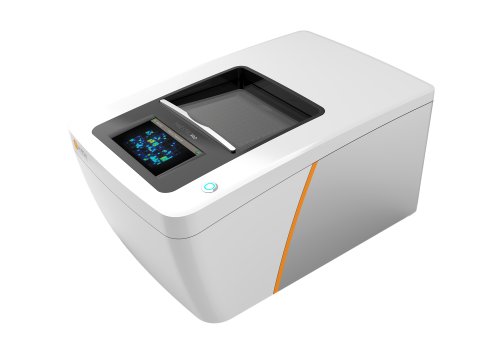Authors: Ning Ge, Min Liu, Rui Li, Nicholas M. Allen, Joseph Galvin, Sanbing Shen, Timothy O’Brien and Terence W. Prendiville
Stem Cell Reviews and Reports, 31 August 2023
Human induced pluripotent stem cells (hiPSCs) are transforming cardiac disease modeling for life-threatening hereditary arrhythmias like long-QT syndrome type 3 (LQTS) but introducing or correcting specific pathological variants in vitro can be challenging. In this study, scientists present an optimized protocol to generate iPSCs with specific LQTS mutations via CRISPR/Cas9 and use Axion’s Maestro multielectrode array (MEA) platform to characterize disease phenotypes in vitro. The authors also present a protocol for evaluating the electrophysiological characteristics of cardiomyocytes with the hands-free Maestro MEA. Overall, the researchers conclude that the “combination of CRISPR/Cas9 techniques and stem cell modelling can be used for in vitro disease modelling, phenotype comparison, pharmacological exploration, drug development and future personalized therapy.”


